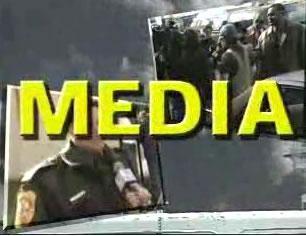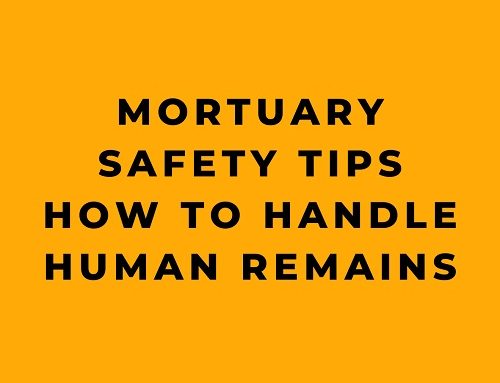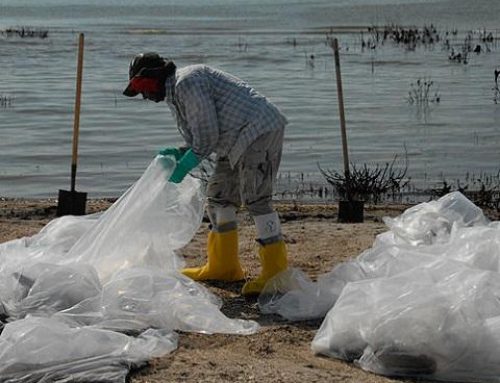In an emergency situation, it’s important for businesses to communicate effectively with the media to provide accurate and timely information to the public. In this article, we’ll provide some helpful advice to businesses on how to deal with the media in emergency situations in accordance with HAZWOPER regulations.
First and foremost, it’s important to have a written media relations plan that outlines the procedures for dealing with the media in an emergency situation. This plan should include information on who is responsible for interacting with the media, how to communicate accurate and timely information to the media, and how to handle media inquiries professionally.
One of the most effective ways to effectively communicate with the media in an emergency situation is by having a designated spokesperson who is trained in media relations and has the authority to speak on behalf of the company.
It’s also essential to be transparent and honest with the media. Provide accurate and timely information about the emergency situation, and be prepared to answer questions and address any concerns.
In addition, it’s important to follow proper procedures for releasing information to the media. This includes following guidelines for releasing sensitive information, such as the names of individuals involved in the emergency situation.
It’s also a good idea to establish relationships with key media outlets and journalists in advance of an emergency situation. This can help facilitate communication and ensure that accurate information is disseminated to the public.
Here are ten tips to help businesses effectively deal with the media in emergency situations in accordance with HAZWOPER regulations:
- Have a written media relations plan in place: Outline the procedures for dealing with the media in an emergency situation, including who is responsible for interacting with the media, how to communicate accurate and timely information to the media, and how to handle media inquiries professionally.
- Have a designated spokesperson: Make sure you have a trained spokesperson who has the authority to speak on behalf of the company and who can effectively communicate with the media.
- Be transparent and honest with the media: Provide accurate and timely information about the emergency situation, and be prepared to answer questions and address any concerns.
- Follow proper procedures for releasing information: Follow guidelines for releasing sensitive information, such as the names of individuals involved in the emergency situation.
- Establish relationships with key media outlets and journalists: Build relationships with key media outlets and journalists in advance of an emergency situation to facilitate communication and ensure that accurate information is disseminated to the public.
- Remain calm and professional: Don’t speculate or make assumptions, and avoid getting defensive or hostile when answering questions.
- Use clear and concise language: Avoid using jargon or technical terms that may be confusing to the media or the public.
- Keep the public informed: Provide regular updates on the status of the emergency situation and any actions being taken to address it.
- Use social media to your advantage: Utilize social media platforms to provide timely updates and information to the public during an emergency situation.
- Review and update your media relations plan regularly: Review and update your media relations plan regularly to ensure that it is current and effective.
In conclusion, effectively communicating with the media in an emergency situation is crucial for providing accurate and timely information to the public. By having a written media relations plan in place, having a designated spokesperson, being transparent and honest with the media, following proper procedures for releasing information, establishing relationships with key media outlets and journalists, and remaining calm and professional, businesses can effectively deal with the media in emergency situations in accordance with HAZWOPER regulations.
Do you need HAZWOPER Online Training?
Try a free demonstration of HAZWOPER: Dealing with the Media in Emergency Situations










